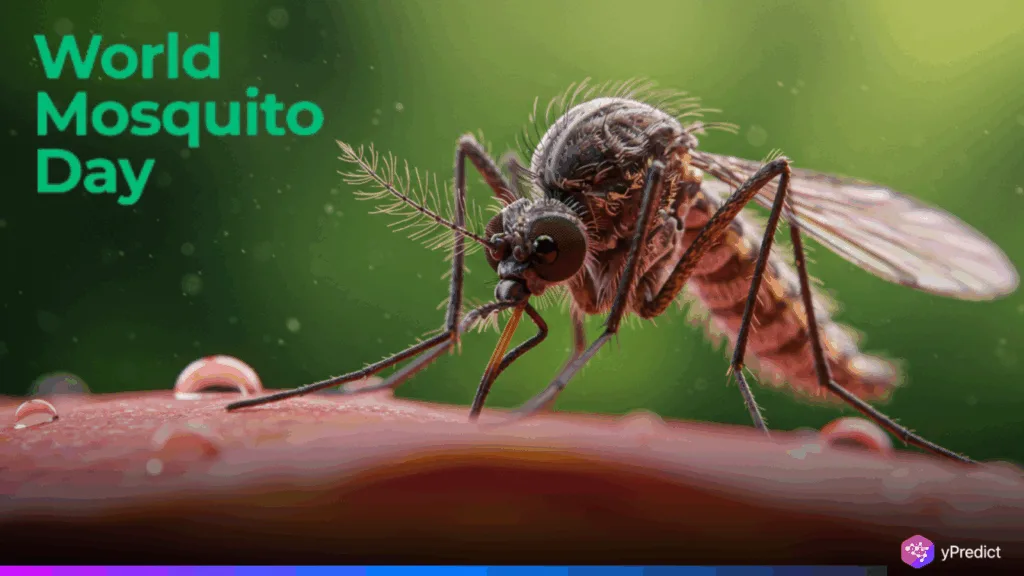
The Andhra Pradesh state has made a revolutionary initiative to address the menace of mosquitoes on World Mosquito Day 2025 in the form of the Smart Mosquito Surveillance System (SMoSS). This is a new program that uses artificial intelligence (AI), drones, and real-time data, with the potential to transform control by relying on previous performance as opposed to the traditional method of blind spraying. As diseases spread by mosquitoes, such as dengue and chikungunya, are a severe problem for health, especially during monsoons in India, SMoSS is expected to mitigate such risks. Implemented in half a dozen major municipal corporations, the system incorporates futuristic technology to detect where the mosquitoes breed and put specific measures in place, which is a wiser way of conducting public health on this significant Day.
Revolutionary Technology for Mosquito Control on Mosquito Day
The SMoSS program marks a significant step forward in the control of mosquitoes by combining AI-enhanced sensors and IoT traps to monitor the mosquito population and environmental conditions, including temperature and humidity, throughout the day. Researchers can use such data to identify specific breeding hotspots compared to using conventional blanket spray, which wastes time and chemicals.
Then, the use of drones with targeted spraying mechanisms covers only the areas that need chemical control (larvicides or adulticides) with drones, significantly decreasing the number of chemicals used by approximately 30%. During Mosquito Day, this accuracy technology has been demonstrated by comparing bright images of spraying with drones and manual spraying in terms of efficiency and safety. This narrowed strategy also goes in line with the world revolutionized in vector control with the hopes of healthful environments and reduced health risks to thousands of people each year.
Impact, Challenges, and Future Prospects
Life-threatening illness outbreaks range in size, with hundreds of thousands of cases occurring annually in India, and thus, this brings the SMoSS emergency to reality. Its pilots in cities indicate a clue towards a vast reduction in cost and chemicals, and large community and environmental benefits are early indicators. But we have not yet addressed issues, including the cost of initial investment in AI and drones or ongoing accuracy in data and citizen compliance.
Even after these challenges, the launch of Mosquito Day brings a bit of hope for a future of greater sustainability and data-guided and effective implementation of mosquito control. SMoSS will not only serve as an example to the other states in India but also elevate India on the world map for pursuing technological solutions to public health.
A Smarter Future for Mosquito Control
World Mosquito Day 2025 is an important moment in India’s battle with mosquito-borne diseases, as it heralds the undoubted innovation SMoSS represents. This project demonstrates the effect of technology combined with precise data and innovative delivery mechanisms on public health. SMoSS gives a hopeful path toward sustainable mosquito control through the targeted use of insects, the reduction in chemical use, and efficiency in interventions. With mosquito-borne diseases affecting hundreds of millions with no sign of decline, hopefully, this Mosquito Day will encourage and drive the use of more smart solutions toward creating safer and healthier communities with little environmental impact. The future of mosquito control is smarter and faster, ushered in by innovation on this day.






